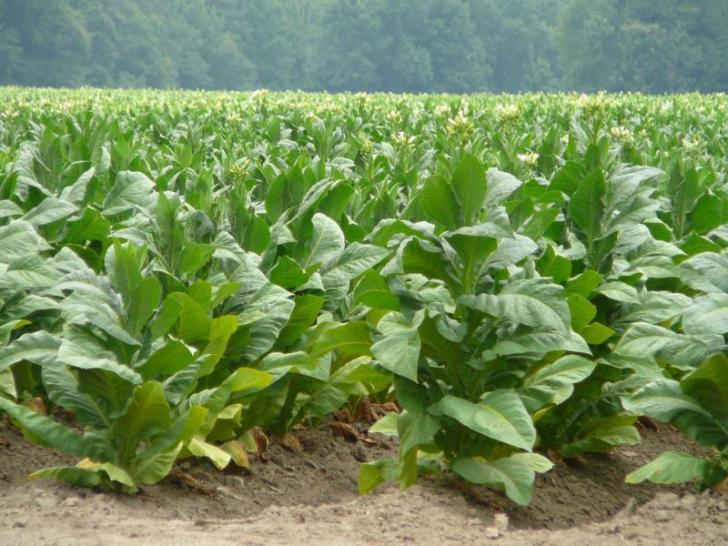News / Agriculture
Tobacco farmers urged to adopt sustainable practices
31 Aug 2025 at 19:27hrs |
231 Views

Centenary - Tobacco farmers have been called upon to adopt environmentally sustainable farming practices to reduce the adverse effects of tobacco production on Zimbabwe's forests and water bodies.
Speaking during a field engagement in Mashonaland Central, senior agronomist Dr Lazarus Gatawa warned that continued use of indigenous trees for curing tobacco is contributing to rapid deforestation.
"It is reported that more than 200,000 hectares of indigenous forests are being lost every year due to tobacco curing alone," he said.
Zimbabwe recently produced a record 350 million kilograms of tobacco, commonly referred to as the golden leaf. However, Dr Gatawa cautioned that this success should not come at the cost of environmental degradation.
He urged farmers to "plough back into the environment" by planting fast-growing tree species such as eucalyptus hybrids every season. He also encouraged the establishment of tree seedling nurseries and the use of energy-efficient tobacco curing barns to reduce wood consumption.
According to Dr Gatawa, the Forestry Act (Chapter 19:05) and the Environmental Management Act (Chapter 20:27) compel tobacco farmers to take environmental responsibility, particularly by planting trees annually.
"Tobacco farmers must be fully involved in forest restoration if we are to preserve our natural resources," he said.
In addition to reforestation, Dr Gatawa highlighted the importance of responsible chemical usage, urging farmers to prevent spillage and dispose of empty pesticide containers properly.
"Used chemical containers should not be discarded carelessly. Improper disposal contaminates groundwater, rivers, wells, and dams, posing a serious risk to human, animal, and aquatic life," he said.
Stakeholders across the agricultural sector have been encouraged to support green initiatives to ensure Zimbabwe's tobacco industry remains environmentally compliant and sustainable.
Speaking during a field engagement in Mashonaland Central, senior agronomist Dr Lazarus Gatawa warned that continued use of indigenous trees for curing tobacco is contributing to rapid deforestation.
"It is reported that more than 200,000 hectares of indigenous forests are being lost every year due to tobacco curing alone," he said.
Zimbabwe recently produced a record 350 million kilograms of tobacco, commonly referred to as the golden leaf. However, Dr Gatawa cautioned that this success should not come at the cost of environmental degradation.
He urged farmers to "plough back into the environment" by planting fast-growing tree species such as eucalyptus hybrids every season. He also encouraged the establishment of tree seedling nurseries and the use of energy-efficient tobacco curing barns to reduce wood consumption.
"Tobacco farmers must be fully involved in forest restoration if we are to preserve our natural resources," he said.
In addition to reforestation, Dr Gatawa highlighted the importance of responsible chemical usage, urging farmers to prevent spillage and dispose of empty pesticide containers properly.
"Used chemical containers should not be discarded carelessly. Improper disposal contaminates groundwater, rivers, wells, and dams, posing a serious risk to human, animal, and aquatic life," he said.
Stakeholders across the agricultural sector have been encouraged to support green initiatives to ensure Zimbabwe's tobacco industry remains environmentally compliant and sustainable.
Source - Byo24News
Join the discussion
Loading comments…




